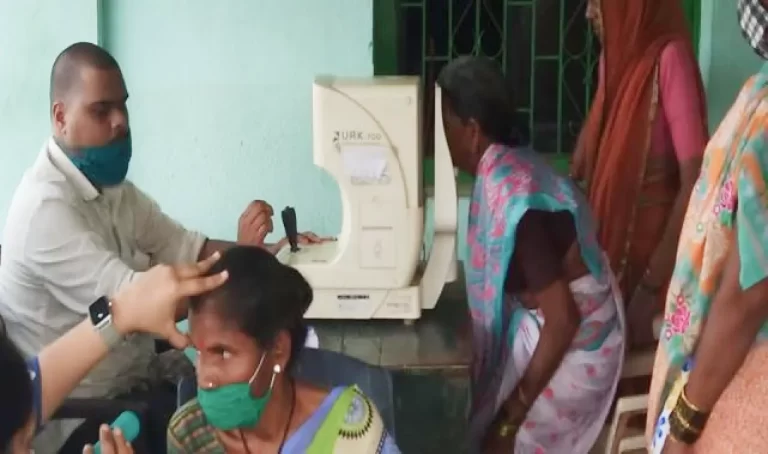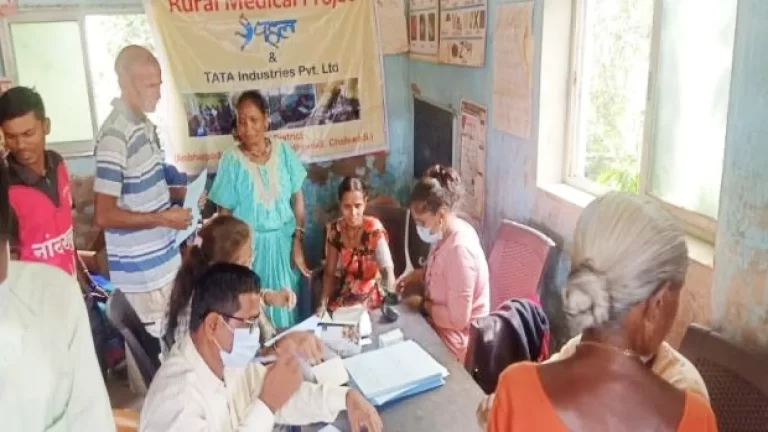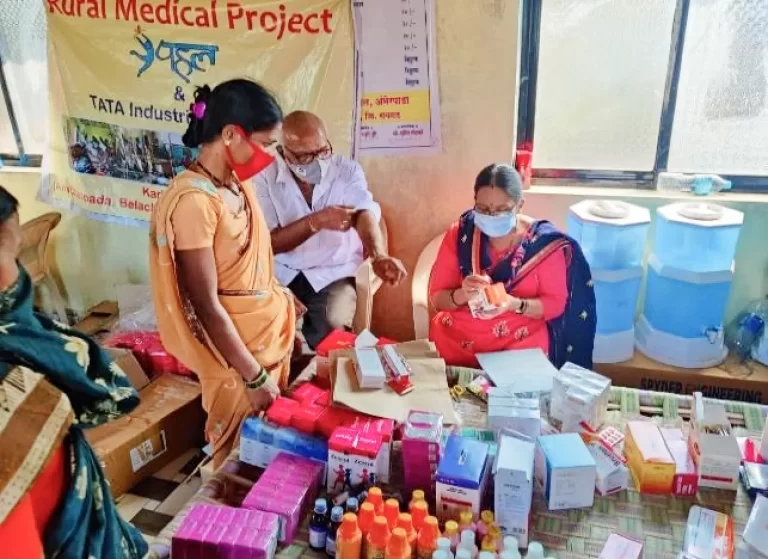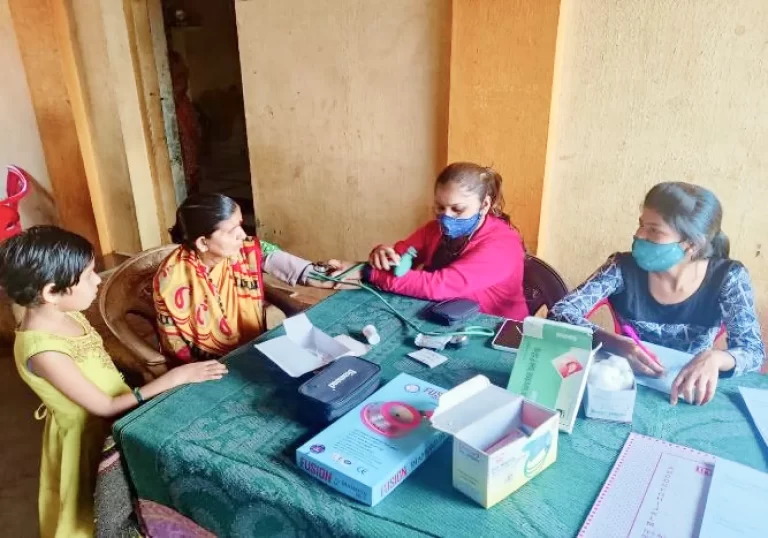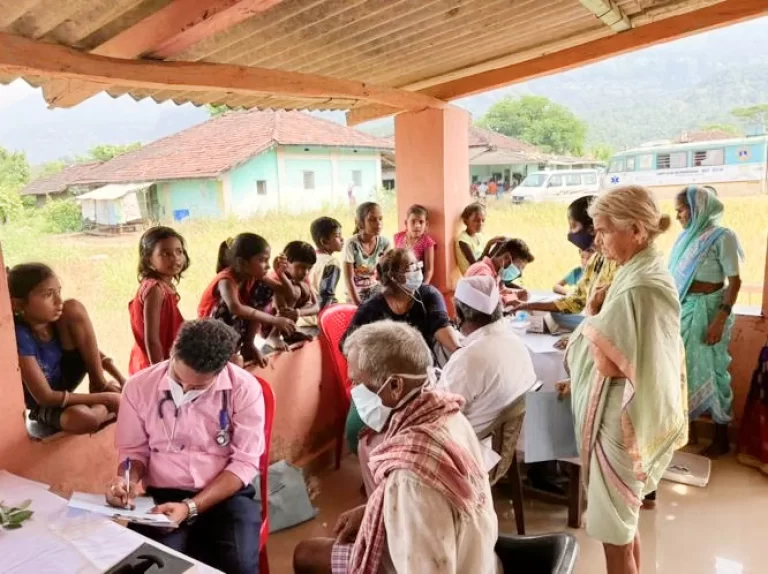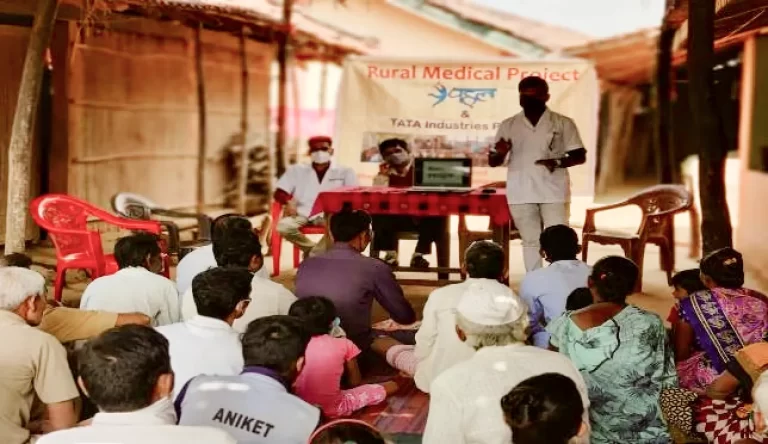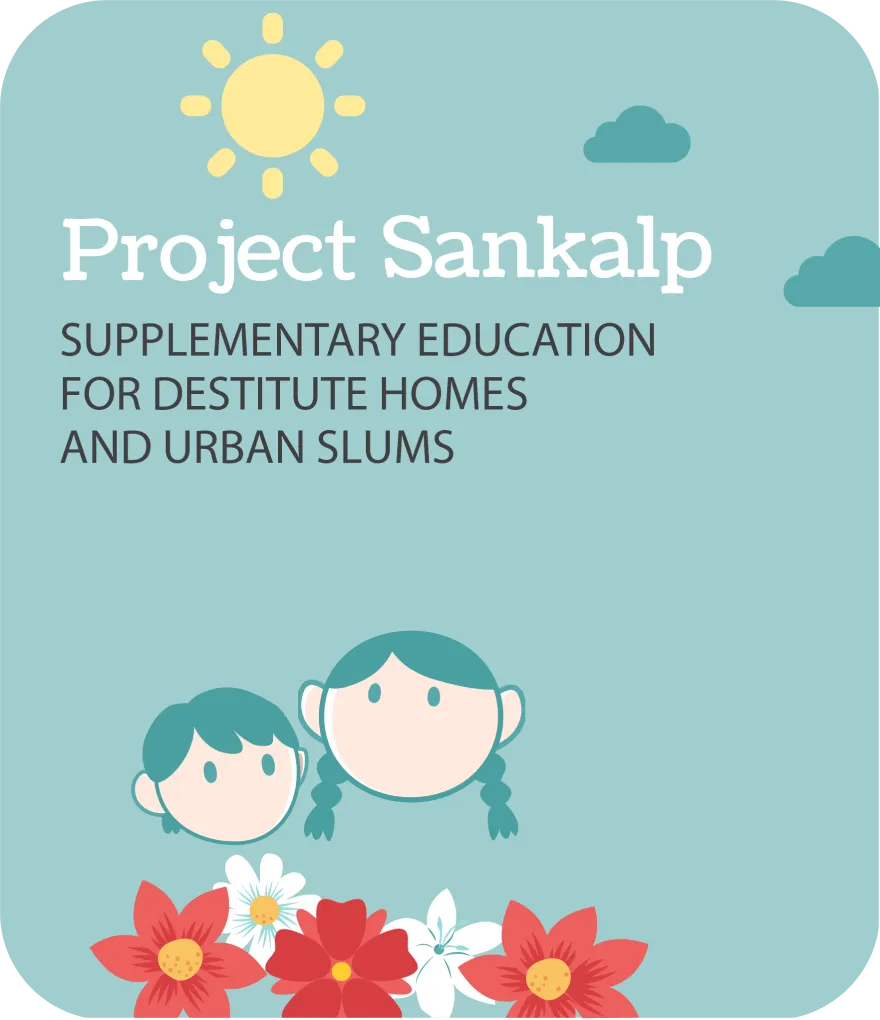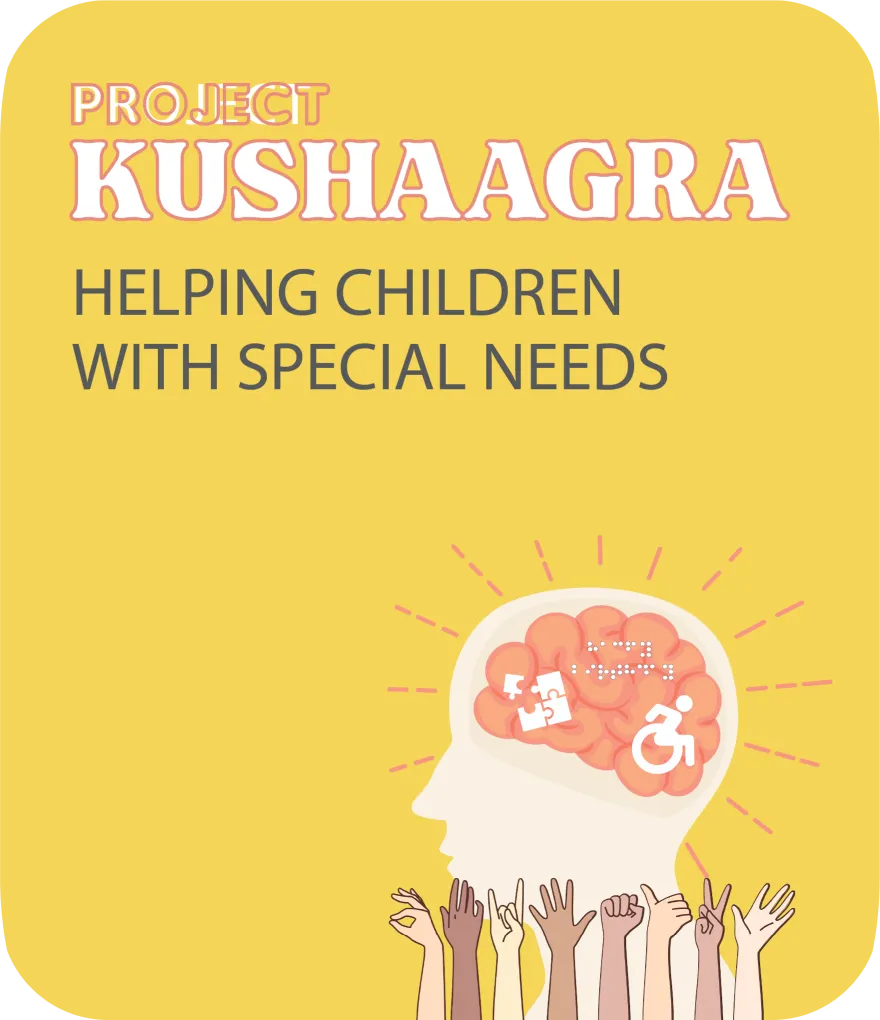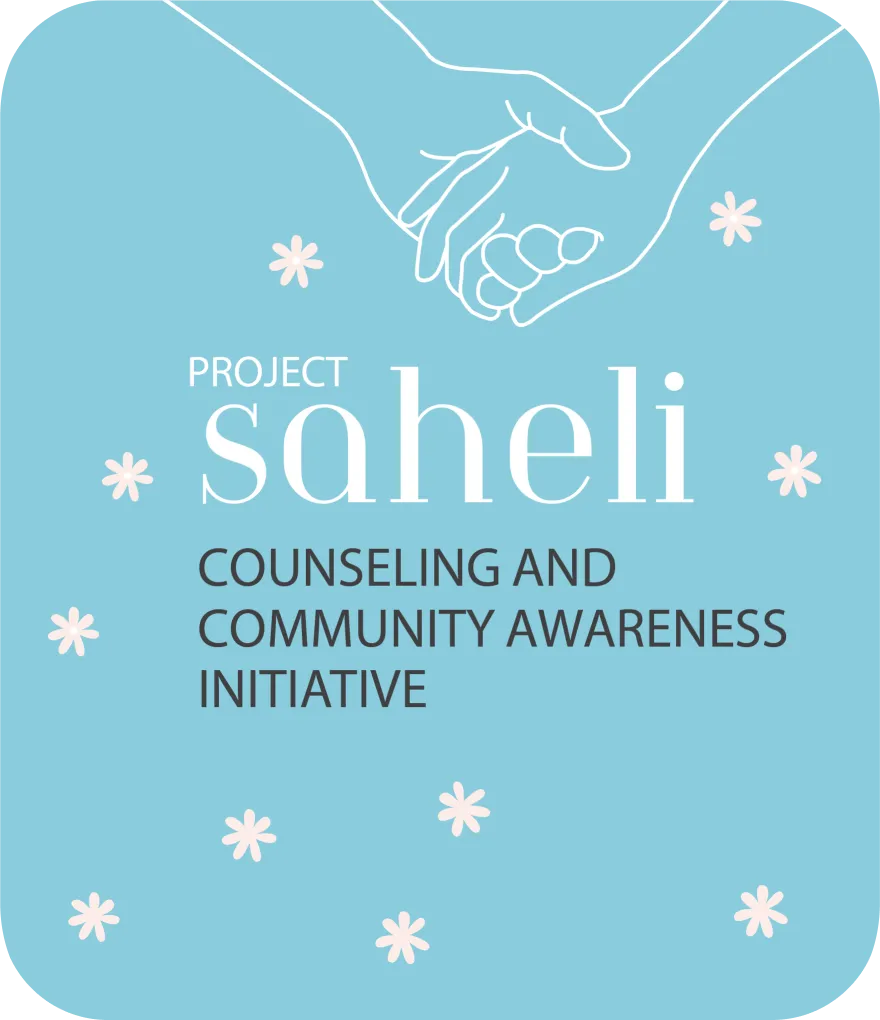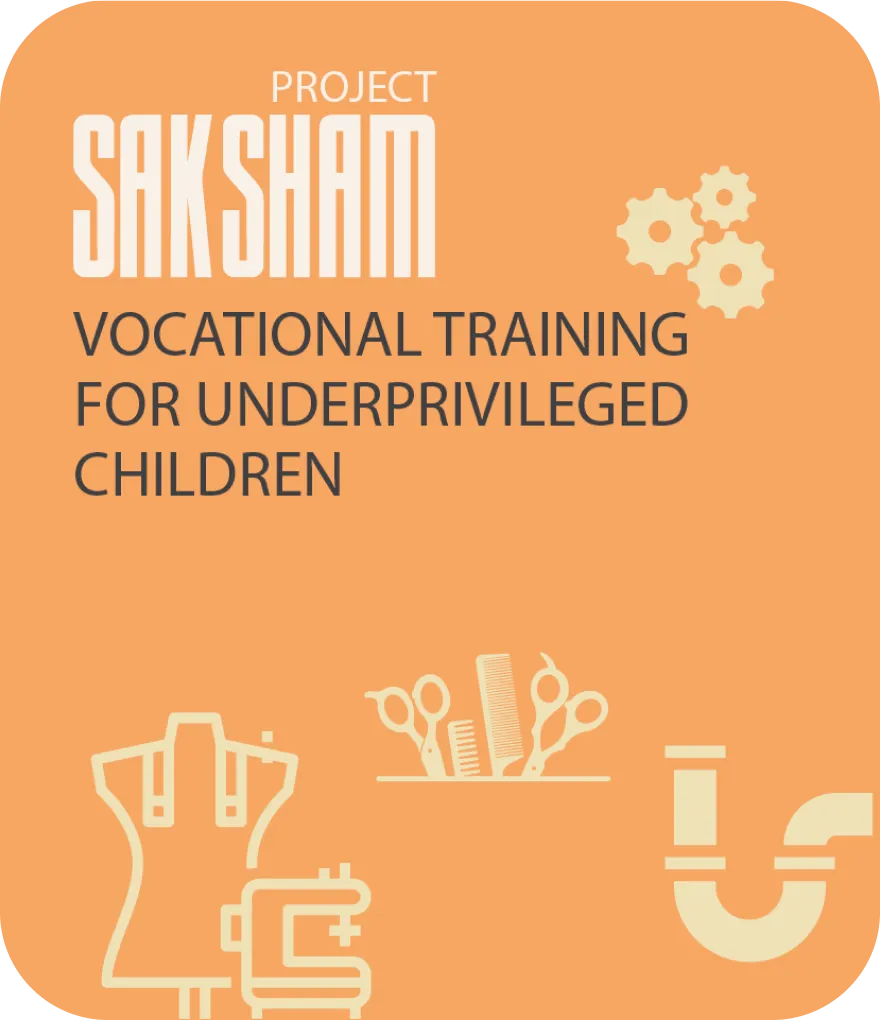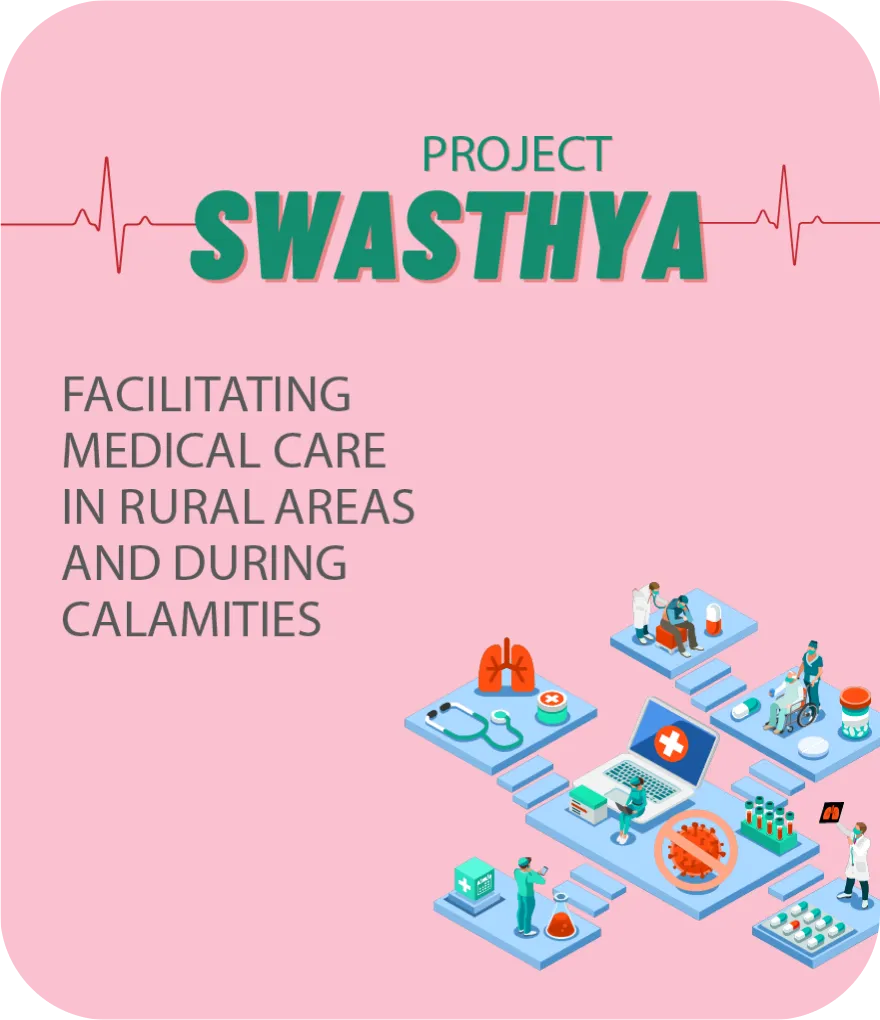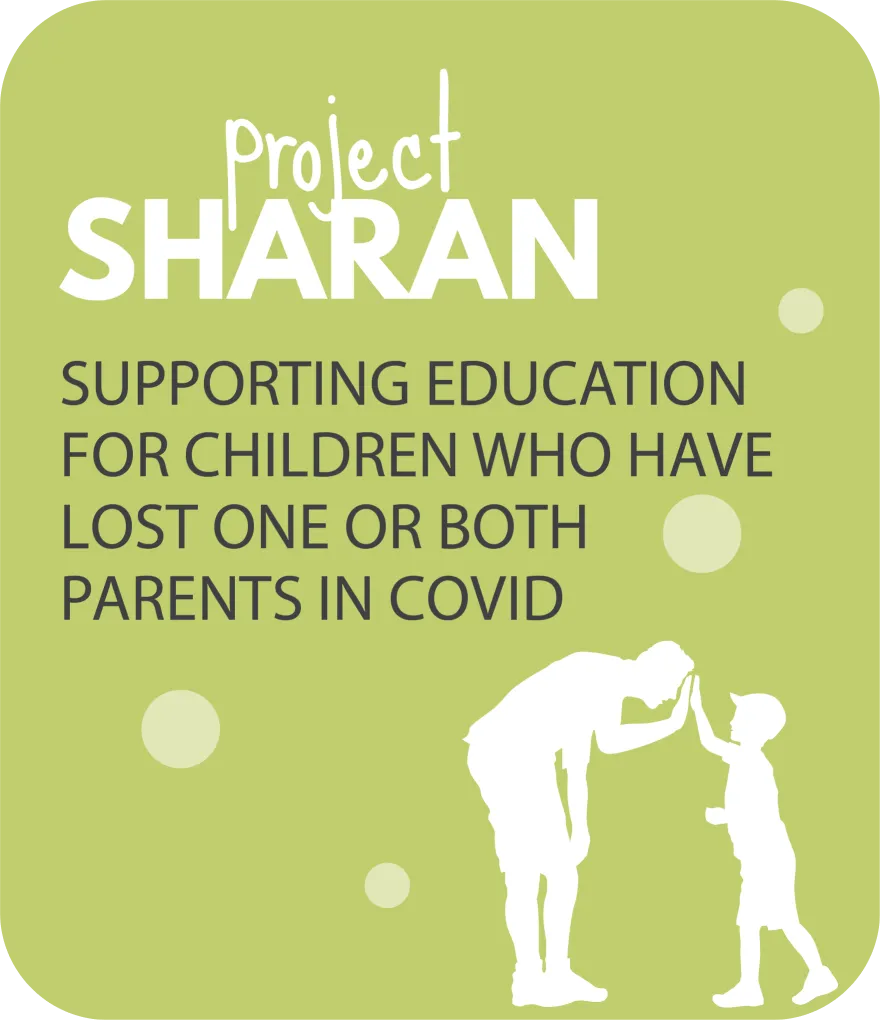PEHL in collaboration with R Nisarg Foundation conducted Menstrual Health and Hygiene workshops for 4 villages ie Ambherpada, Kathewadi, Chafewadi and Belachiwadi.
In these workshops, we educated the tribal women about female anatomy, menstruation, menstrual hygiene and sustainable menstrual product.
During the introductory session, information was gathered about current menstrual hygiene practices. It was observed that most women either burn their pads or cloths or bury them in the soil. Participants were then introduced to a sustainable menstrual solution — the menstrual cup. This eco-friendly option can last up to 10 years, significantly reducing environmental impact. Unlike cloth or sanitary pads, menstrual cups require very little water for cleaning, making them more practical in areas with limited water availability. They are also highly economical, as women do not need to purchase any other sanitary products for up to a decade. Additionally, menstrual cups allow women to comfortably carry out their daily household chores even during their periods.
Menstrual cup and Trainer Kit distribution –
Menstrual cups and training kits were distributed to tribal women, and eight trainers were selected and trained to further educate other women in their villages about menstrual health and hygiene.
27 cups in Amberpada Village and 2 Trainer Kit,
27 cups in Kathewade village and 2 Trainer kit,
15 cups in chafewadi village and 2 Trainer Kit and
17 Cups in Belachiwadi Village and 2 Trainer Kit
After the workshop, women were encouraged to ask questions and try using the menstrual cup. In one of the villages, a woman agreed to use the cup immediately and later reported that it was easy and convenient to use. She was then provided with a trainer kit to help educate others. As a result, the village saw a successful conversion of 25 women to menstrual cup usage.




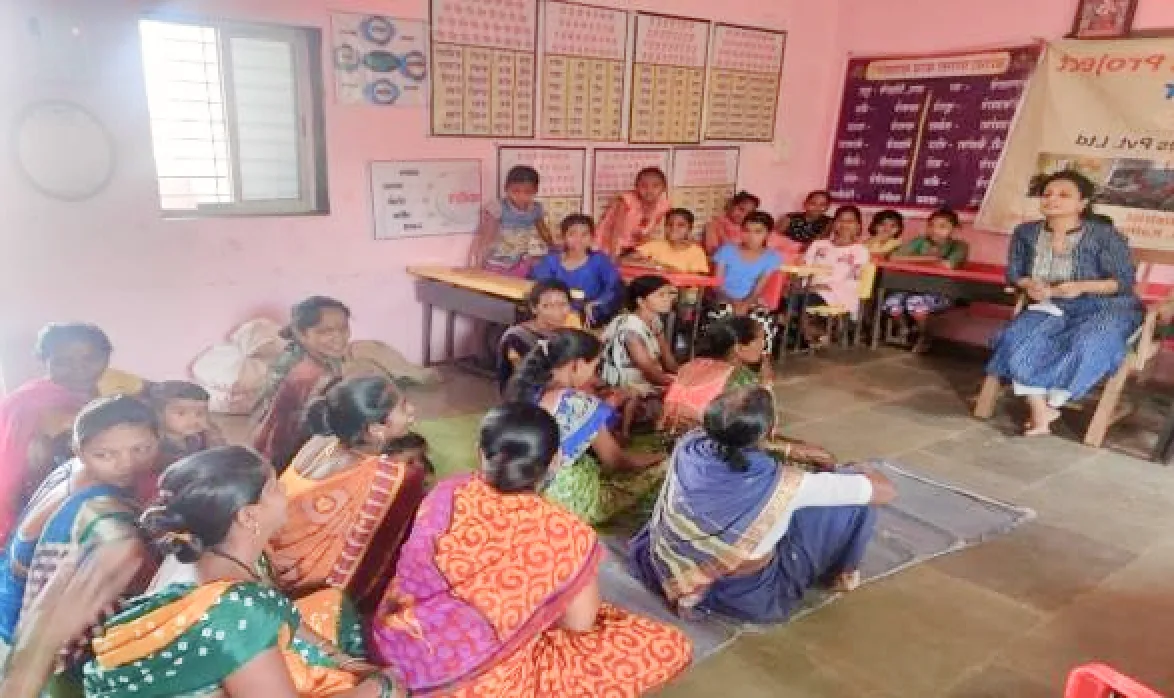
 Share
Share
 Tweet
Tweet
 Share
Share
 Share
Share
